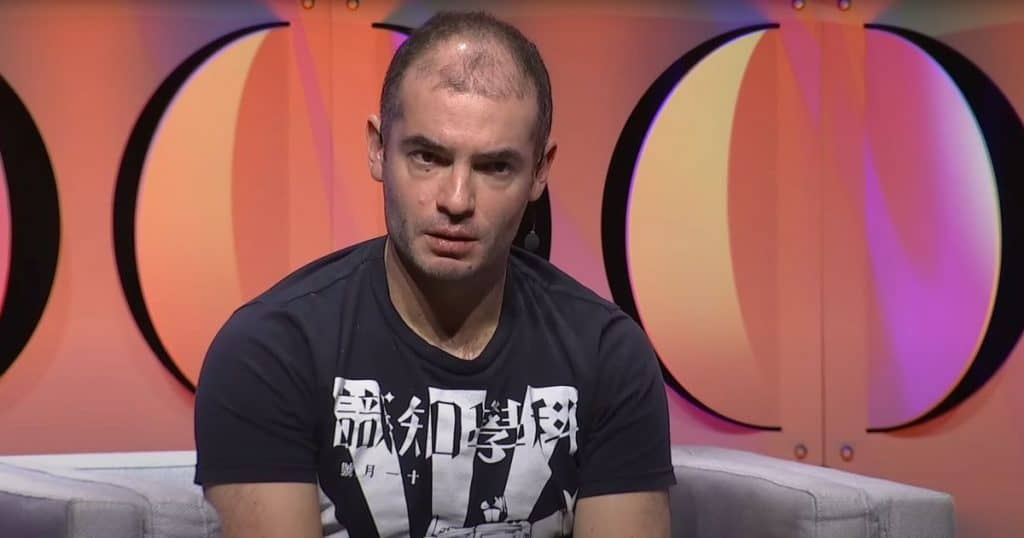OpenAI’s Chief Scientist, Ilya Sutskever, Sheds Light on the Future of AGI and Neural Networks


In Brief
Ilya Sutskever, co-founder and chief scientist at OpenAI, discusses the potential of large neural networks to achieve AGI, automating intellectual work.
He believes that LSTM architecture can be more efficient, but Transformers may still be slightly better.
Sutskever also discusses the potential for “super intelligence” to improve people’s lives and calls for state-level regulations in AI.
Ilya Sutskever, the co-founder and chief scientist of OpenAI, shed light on several pivotal topics in the realm of AI.

Highlighting the parallels between biological neurons and artificial neurons used in neural networks, Sutskever pointed out that, with appropriate simplification, large neural networks might inch closer to achieving Artificial General Intelligence (AGI). By his definition, AGI refers to a computer system equipped to automate the vast majority of intellectual tasks.
Addressing the prevalent debate around Transformers, he remarked that while the current Transformer models possess significant potential, it doesn’t negate the possibility of a more efficient architecture emerging in the future. On the LSTM versus Transformers discourse, he noted that optimized LSTM structures, coupled with an enlarged internal state and consistent large-scale training, could yield substantial results. However, his inclination is that Transformers may still hold a slight edge.
Sutskever candidly mentioned the challenges in comprehending the nuances of scaling laws.
In a continuation of his insights, he shared his personal experience of coding in tandem with GPT. The synergy, as he described, allowed for an environment where the neural network executed a majority of the coding tasks.
Envisioning the future, Sutskever emphasized the potential benefits of harnessing “super intelligence” – a concept that surpasses the capabilities of the present GPT-4. He believes that if correctly aligned, such advancements can substantially enhance the quality of human life.
However, the onset of “super intelligence” brings forth the necessity of governance. Stressing the need for structured guidelines, Sutskever mentioned OpenAI CEO Sam Altman’s efforts in liaising with the US Congress, underscoring the importance of regulations in the AI domain.
Read more about AI:
Disclaimer
In line with the Trust Project guidelines, please note that the information provided on this page is not intended to be and should not be interpreted as legal, tax, investment, financial, or any other form of advice. It is important to only invest what you can afford to lose and to seek independent financial advice if you have any doubts. For further information, we suggest referring to the terms and conditions as well as the help and support pages provided by the issuer or advertiser. MetaversePost is committed to accurate, unbiased reporting, but market conditions are subject to change without notice.
About The Author
Damir is the team leader, product manager, and editor at Metaverse Post, covering topics such as AI/ML, AGI, LLMs, Metaverse, and Web3-related fields. His articles attract a massive audience of over a million users every month. He appears to be an expert with 10 years of experience in SEO and digital marketing. Damir has been mentioned in Mashable, Wired, Cointelegraph, The New Yorker, Inside.com, Entrepreneur, BeInCrypto, and other publications. He travels between the UAE, Turkey, Russia, and the CIS as a digital nomad. Damir earned a bachelor's degree in physics, which he believes has given him the critical thinking skills needed to be successful in the ever-changing landscape of the internet.
More articles

Damir is the team leader, product manager, and editor at Metaverse Post, covering topics such as AI/ML, AGI, LLMs, Metaverse, and Web3-related fields. His articles attract a massive audience of over a million users every month. He appears to be an expert with 10 years of experience in SEO and digital marketing. Damir has been mentioned in Mashable, Wired, Cointelegraph, The New Yorker, Inside.com, Entrepreneur, BeInCrypto, and other publications. He travels between the UAE, Turkey, Russia, and the CIS as a digital nomad. Damir earned a bachelor's degree in physics, which he believes has given him the critical thinking skills needed to be successful in the ever-changing landscape of the internet.






















































